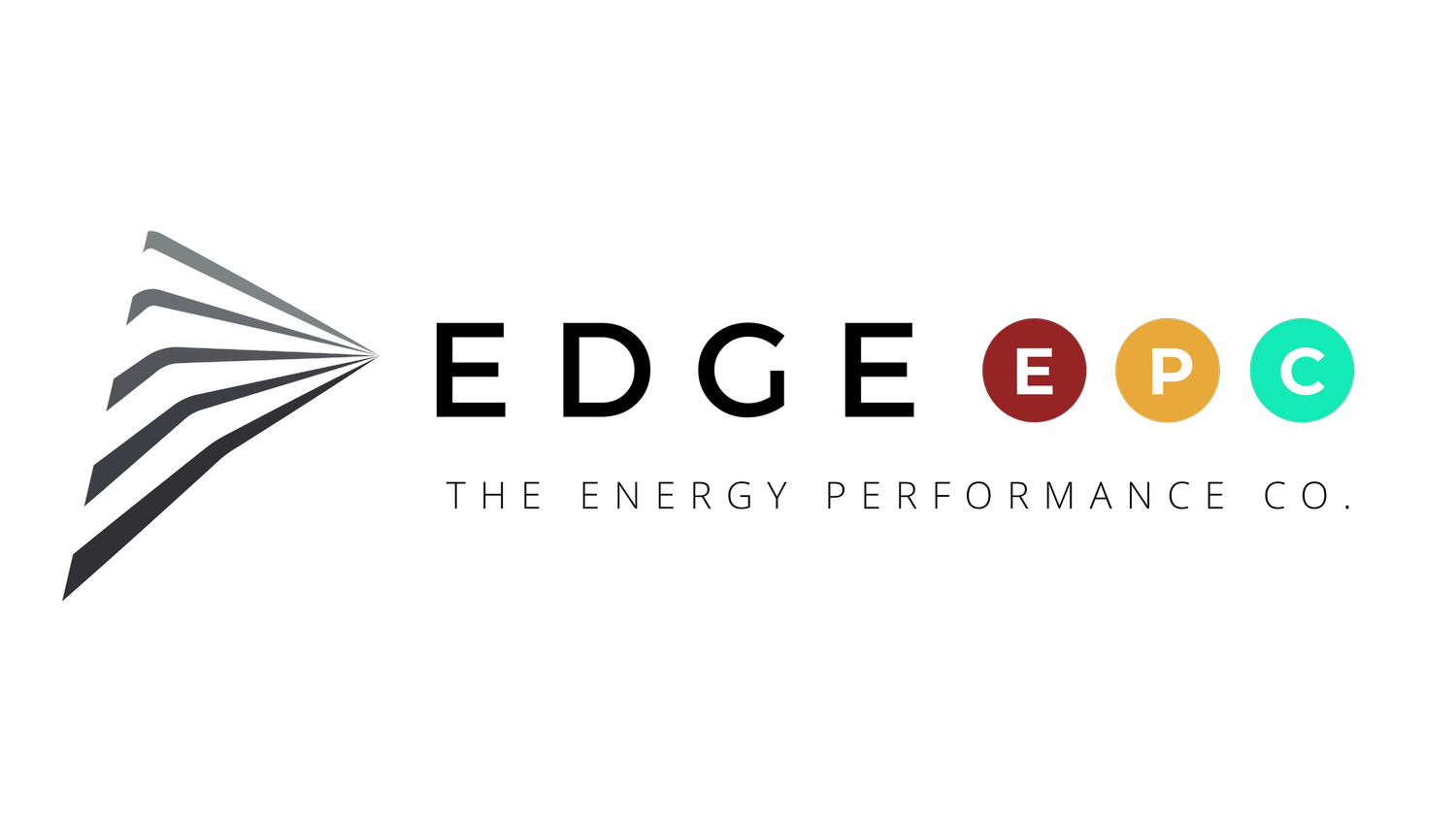What Is Woodfibre Insulation?
Woodfibre insulation is a type of natural insulation material made from wood, usually softwood like spruce or pine. It's designed to improve thermal and acoustic performance in buildings, and it's particularly popular in sustainable or eco-friendly construction. Here’s a quick rundown:
What It's Made From:
Wood chips or sawdust (usually a byproduct of sawmills)
Processed into fibres, then either pressed into rigid boards or used as loose-fill insulation
Often treated with natural additives (like paraffin or bitumen) for water resistance and fire retardancy
Pros:
Breathable: Helps regulate moisture, reducing mould risk
High thermal mass: Slows down heat transfer, great for both summer and winter insulation
Sound insulation: Excellent acoustic properties
Eco-friendly: Renewable, biodegradable, and low-embodied energy
Carbon storage: Wood stores carbon, even in insulation form
Cons:
More expensive than synthetic options like fiberglass or foam
Heavier than some other materials, requiring solid structural support
Where It’s Used: 🔧
Timber frame buildings
Renovations, especially of older or traditional buildings
Passive houses and other low-energy constructions Woodfibre insulation is a type of natural insulation material made from wood, usually softwood like spruce or pine. It's designed to improve thermal and acoustic performance in buildings, and it's particularly popular in sustainable or eco-friendly construction. Here’s a quick rundown:

